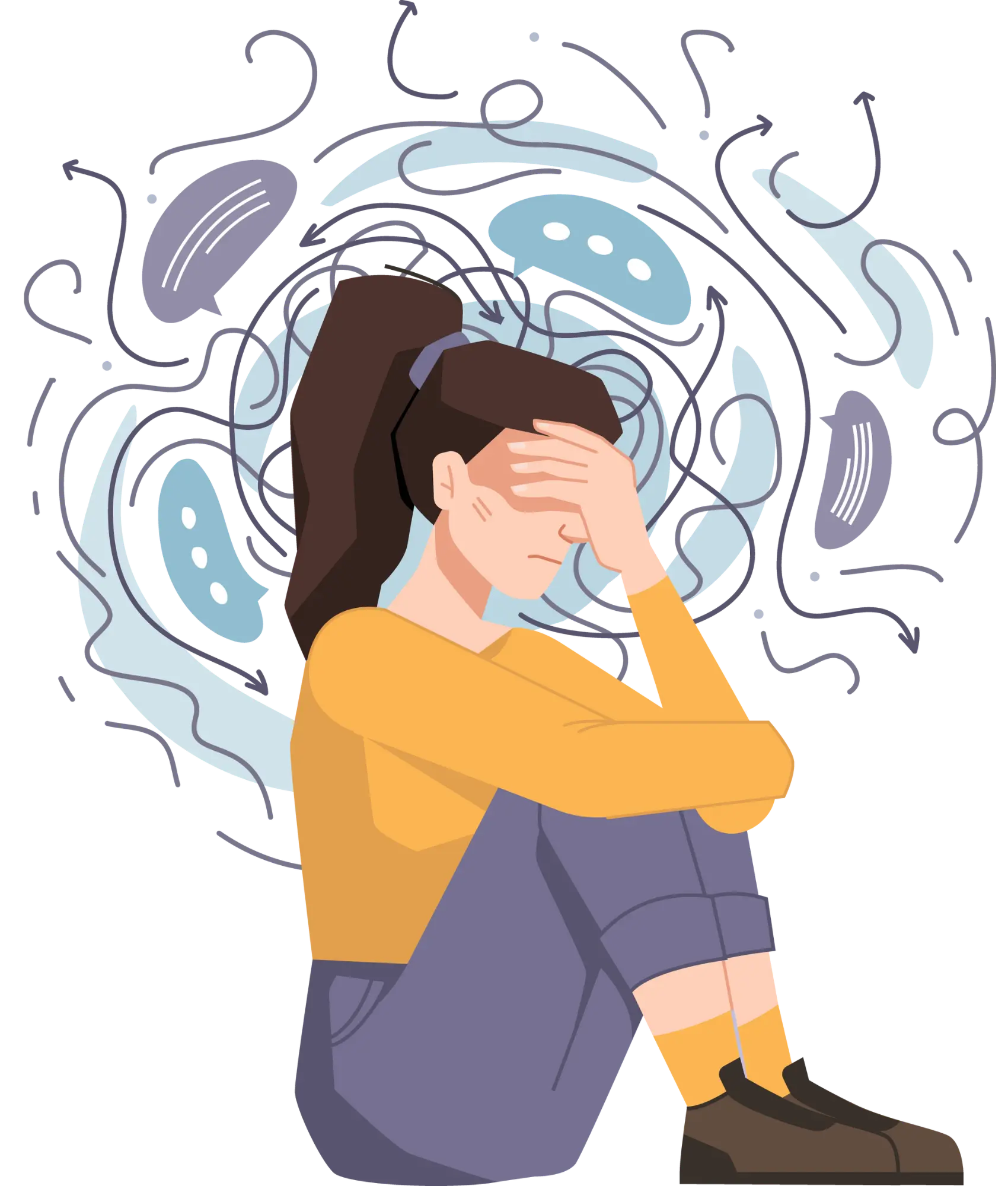Hey there, winter warriors! We know it’s not easy keeping that “sunny skies“ mindset when the days are short and the temperatures are beyond what you thought cold could be. Seasonal depression, anyone? The lack of sunlight and the cold can lead to symptoms of Seasonal Depression or otherwise known as Seasonal Affective Disorder (SAD). You might find yourself feeling isolated and struggling to maintain your mental well-being, sleep patterns, and maintaining a stable mood. By simply improving your gut health, you may find it easier to get out of bed and enjoy your favorite winter activities or just simply enjoy your day fully with a smile! Whether you’re an outdoor enthusiast who enjoys skiing or someone who loves cozying up with a good book, managing your seasonal depression can help you enjoy winter to the fullest. Ready to shake off those winter blues and keep living your best life, snow or shine? With probiotics by your side, you just might conquer the season and come out smiling!

When you find the winter months putting a damper on your spirits, we’ve got a tip for you that might just make your day: Probiotics. Yup, those good-for-your-gut bacteria might also be good for your mood. Let’s dive in! Ever hear the saying “trust your gut?” Well, your gut is often called your “second brain,” and it’s not just because of intuition. Scientists say that your gut is in all actuality, your second brain in a new study found by “The Effects of Probiotics on Depressive Symptoms in humans: a systematic review” Science is showing us that our gut and brain are actually besties that chat all the time [1]. When your gut is unhappy, it can send those bad vibes straight to your brain and let’s face it, nobody needs extra negativity in winter.
Okay, so that means probiotics are basically the cool guys of your gut. They’re friendly bacteria that help keep everything in balance or “happy”. Here’s a little rundown on how they can level-up your mood game. Other than being the happy pill for your gut, they also can do a very good job at chilling the fire aka inflammation. Inflammation is a mood killer for the stomach, as well as your brain, and probiotic supplements can help put out that fire for good! A Pilot Study was done recently by scientists and doctors in the research journal Neuropsychobiology about the wonderful impact that high quality probiotic supplements like BlueBiology’s have on the cognitive brain with individuals who deal with bi-polar as well as depression and all its forms [2].
Think of premium quality probiotics as your own personal hormone whisperer. So it allows you to fully embrace the chill along with a happier gut. You’ll be more pumped to slide into those snow boots and make the most of winter. Whether you’re hitting the slopes or curling up with hot cocoa, probiotics will be the happy pill for your gut. Simple as that. So start playing the game and implementing as many probiotics to your body as you can to calm the storm. Managing your mood can make winter a season to celebrate.
Incorporating probiotics, whether through supplements or foods, it could be a valuable part of your winter wellness routine. So why not give it a try? Your mood—and your gut—may thank you for it. Beat the winter blues and enjoy life in a more natural, fulfilling way. Say goodbye to feeling moody and isolated during the winter season!
Choose high quality probiotics to lift your spirits, help you sleep better, and let you enjoy your active lifestyle, regardless of what the thermometer says!
Remember, while the idea of using probiotics to treat seasonal depression is promising, always consult with your healthcare provider for a proper diagnosis and treatment plan.
References
- [1] Wallace, C. J. K., & Milev, R. (2017). The effects of probiotics on depressive symptoms in humans: a systematic review. Annals of General Psychiatry, 16, 14.
- [2] Reininghaus, E. Z., Wetzlmair, L. C., Fellendorf, F. T., Platzer, M., Queissner, R., Birner, A., … & Reininghaus, B. (2020). The Impact of Probiotic Supplements on Cognitive Parameters in Euthymic Individuals with Bipolar Disorder: A Pilot Study. Neuropsychobiology, 79(1), 40-49.
